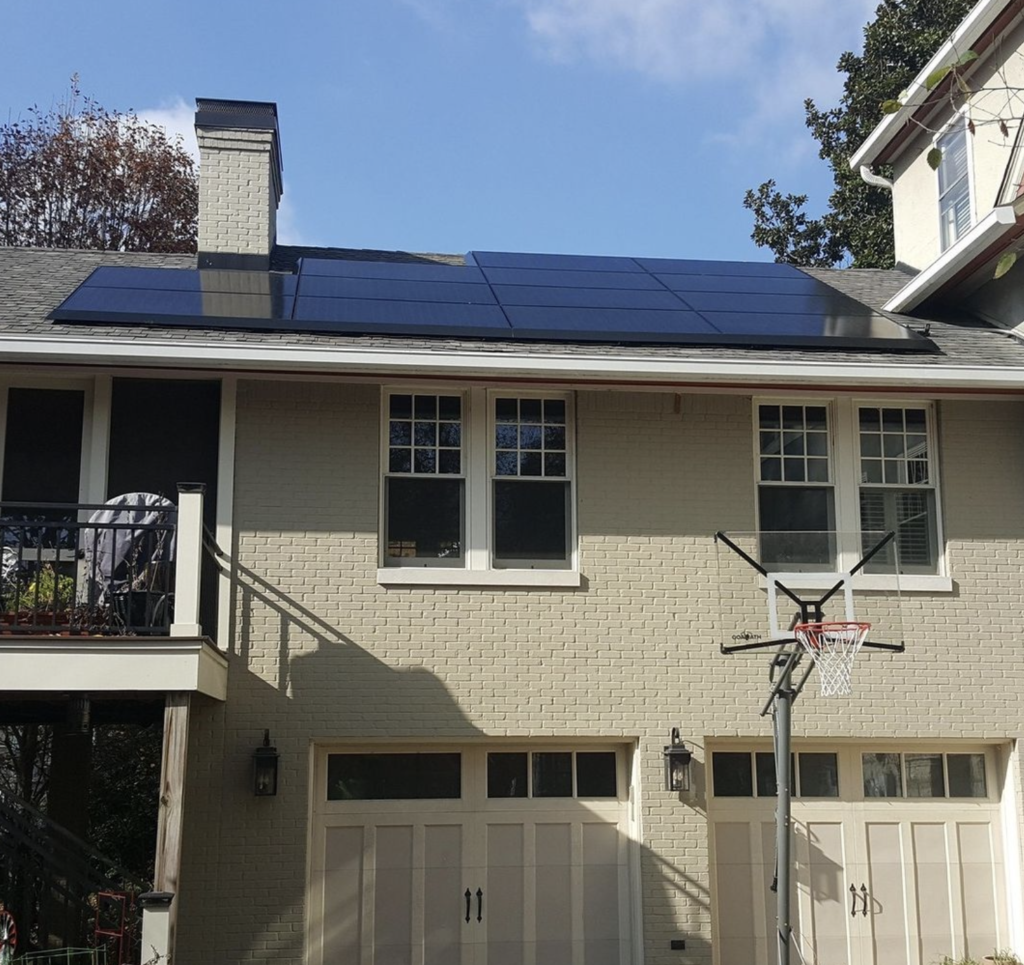Table of contents:
- Your roof conditions are not right for panels:
- Your roof is too old
- Your roof is too small
- Your roof is too shaded
- Unfavorable roof layout
- Aesthetics:
- You find them “ugly”
- Your HOA won’t allow them
- Recurring expenses:
- Force majeure
- Decommissioning of a technology
- Unexpected expenses
- You’ll depend on your solar installer too much
- Equipment failure
- Installer goes out of business
- Water leaks are common:
- Roof leaks
- Water gets inside electronics
9 valid reasons why you should not go solar
1) Your roof conditions are not right for panels:
- Your roof is too old:
On average, a roof lasts around 25 years. If your roof is 15-20 years old and you plan to re-roof within the next 10 years, you should reconsider going solar. A panel removal and reinstall for the purpose of performing roof work is an expensive and laborious process that further extends your system’s return on investment (ROI).
- Your roof is too small:
A small roof will make it hard to fit enough solar panels to fulfill your energy needs. The average solar panel system in the USA is around 6kw or 15-20 panels. Make sure you have enough roof space to fit a solar panel system to significantly reduce your electric bill.
- Your roof is too shaded:
Panels that are shaded will produce very little to no energy, so make sure to trim down trees and branches that may be causing shading.
- Unfavorable roof layout:
Some roofs are too complicated and have too many “folds” (hips, valleys, etc) this will make it hard to fit enough panels. The orientation of the roof (if it’s south, west or north facing) is another factor to consider and finally, if the roof has too many obstructions (vents, chimneys, etc) it may not be worth installing solar panels.
2) Aesthetics and looks:
- You find the equipment ugly:
It is common for some people to not like the aesthetic aspect of a solar panel system, if that is the case, it is recommended that they install them in the back facing roof planes of your home where the public can’t see them.
- Your HOA don’t allow them:
Some states have passed legislation to avoid this scenario. For example, Florida Statute 163.04 establishes that “any enforceable agreement (whether between HOAs or otherwise) prohibiting a property owner from installing solar is illegal. HOA may limit where you may install solar panels, but not if the system’s performance decreases as a consequence.”. Research your state legislation and you may be able to “fight” this with your HOA.
3) You are worried about recurring expenses:
Even when you may have a 25 year warranty with both your equipment’s manufacturer and solar installation company, there may still be “unexpected” recurring expenses. Some of these expenses may include:
- Force majeure:
- This may include a broken solar panel due to a golf ball, or any other damage caused by a storm or other external “uncontrollable” factor.
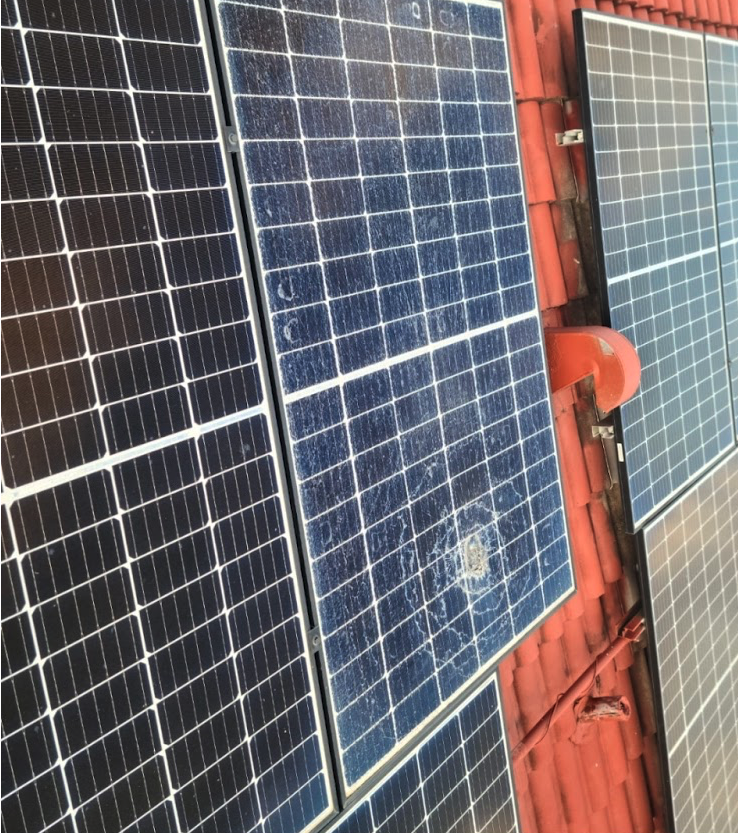
- Decommissioning of a technology:
- In case some parts of the equipment gets decommissioned and your solar installer has to “update it”, the expense may not be included in the warranty.
- Unexpected expenses:
- There may be other unexpected expenses such as: if you have got a roof water-leak that you thought it was due to your solar panels and therefore, your installers come to check it out but determines that it was actually due to something else (i.e. Chimney or A/C) they may charge you for the inspection.
4) You may depend on your solar installer too much:
- Equipment failure:
- Some installers have contract clauses establishing that only them can troubleshoot it or else, your warranty with them will be voided. The commitment with your solar installers may be too long and dependent for you to move forward with the installation. Before you take a decision make sure you ask your installer the right questions.
- Installer goes out of business:
- It is very common to have solar installation companies go out of business. If that happens, you will be stranded with an un-warrantied solar system that only a few companies will want to service. And even then, these companies will feel like they have the “upper hand” in terms of delivering the service.
Read some of the questions you should ask your installer before going solar.
5) Water leaks are common:
There are two main types of water intrusion:
Roof water intrusion due to:
- Lag screw misses truss:
- Lag screws are long and thick screws that secure the solar panels in place. These penetrate the ply-wood deck of your roof all the way to the trusses or rafters. If one screw enters the truss sideways, it may lead to water intrusion or even structural damage in the long run. Check this image below:
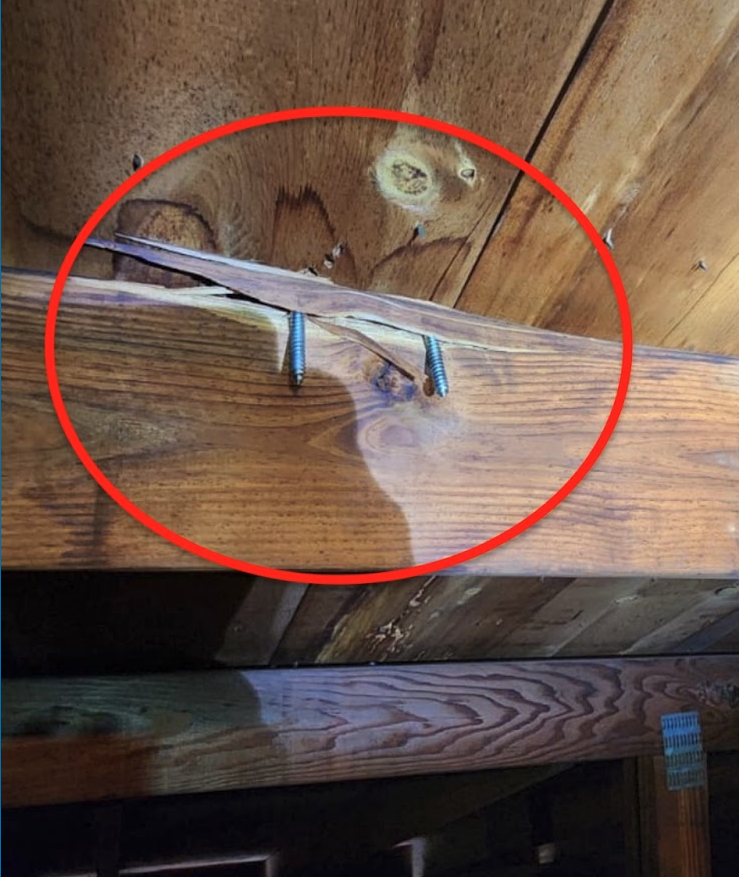
- Low quality stands/flashing:
- Some stands are better engineered to avoid water than others. Also, some flashing material is better and less prone to cracks than others. But in general, it is quite common for water to get through the flashings of the stands, especially when “poddleling” occurs.
3. Electrical equipment water intrusion:
- Mainly due to the installer’s fault, if your equipment is not well enclosed or if it is installed in a place where water may accumulate (i.e in a puddle or under-ground) your electrical equipment may become damaged due to a short circuit caused by water. This type of failure is usually covered under the workmanship warranty from the installer.
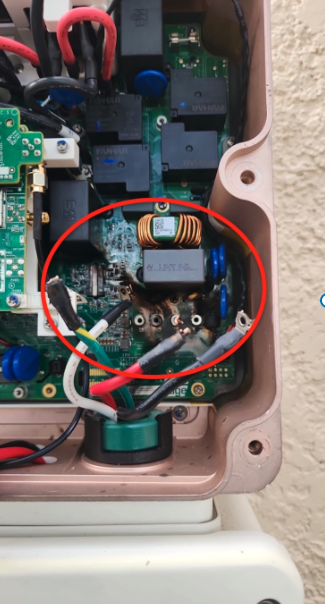
Figure : Burned inverter from water intrusion
6) You plan to move-out or sell your home
Although it has been proven that having solar panels will increase your home’s value, it may increase it by less than what you paid for the system. According to this research by zillow solar panels may increase your home value by approx. 4%.
However, be aware that some potential buyers may not particularly like to have a solar on their new home, and removing the panels is a convoluted and expensive process.
7) Your electrical bill is already cheap:
Places that have cheap electricity may not make residential solar a financially appealing option.
For example, if where you live you pay $50 a month for 1,000kwh (that’s $0.05 per kwh) then, your return on investment on an 11.6kw system of $34,000 would occur in around 17 years which is certainly more than the US average which currently sits at around 9-12 years. Hence, the price of energy at your location should not be too affordable for solar panels to make financial sense.
8) You don’t qualify for tax breaks:
Not everyone qualifies for the 30% tax break in which the US government will return 30% of the cost of your solar system back to you. If you are unemployed or retired you may not qualify for the tax credit. Not everyone qualifies for these tax breaks, that is why you should always consult your financial advisor before taking any decision.
9) Broken tiles are common:
Ask your solar installer about this and they will likely deny it. However, when you have 4-5 people standing on your spanish-tile roof with a variety of powered tools, I can almost guarantee that some of the tiles will get cracks. Some installers will “patch” broken tiles with fillers, others will leave them cracked. And while spanish tiles are the ones that crack the easiest, flatter tiles may also crack.
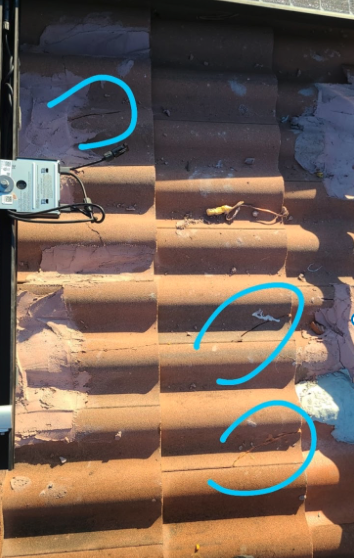
Figure :Broken tiles due to solar

